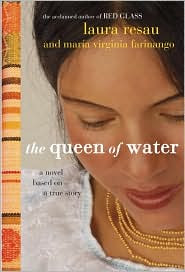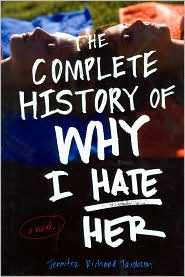
Mo and her Dad (along with her totally feral little sister Dottie) live on Fox Street. It's a cozy place with lots of wild critters, but never a fox (although Mo is convinced that she'll find one some day). Mo has lived there all her life and it has become the only remaining link to her dead mother. It is also her link to her best fried Merce (who only shows up during the summers to be with her grandparents who also live on Fox Street).
Things are changing. Merce's grandparents are getting too old to keep their home and Merce herself is talking about not coming back next summer. Even worse, Mo's father is considering a developer's offer to buy their property. Mo is distraught at the thought of losing her friend and the only home she's ever known. And it all comes to a head when Dottie runs away.
There is a light wistfulness to the story and a gentle pace, but the story never seemed to gel for me. Part of the issue is the fairly large cast of characters (friends, neighbors, family, etc.), few of which are memorably distinct. Also, the narrative jumps around a bit from subplot to subplot, and left me in the position of trying to grasp at which story I was supposed to fix on. As is, the primary threads (selling the land, seeing the fox, and Mo and Merce managing to maintain their friendship) never reach resolution, leaving a strong sense of unfinished business. This would be fine in an adult novel and we could rack this up as an atmospheric exercise, but I imagine that a middle reader would find the process boring and frustrating.











































